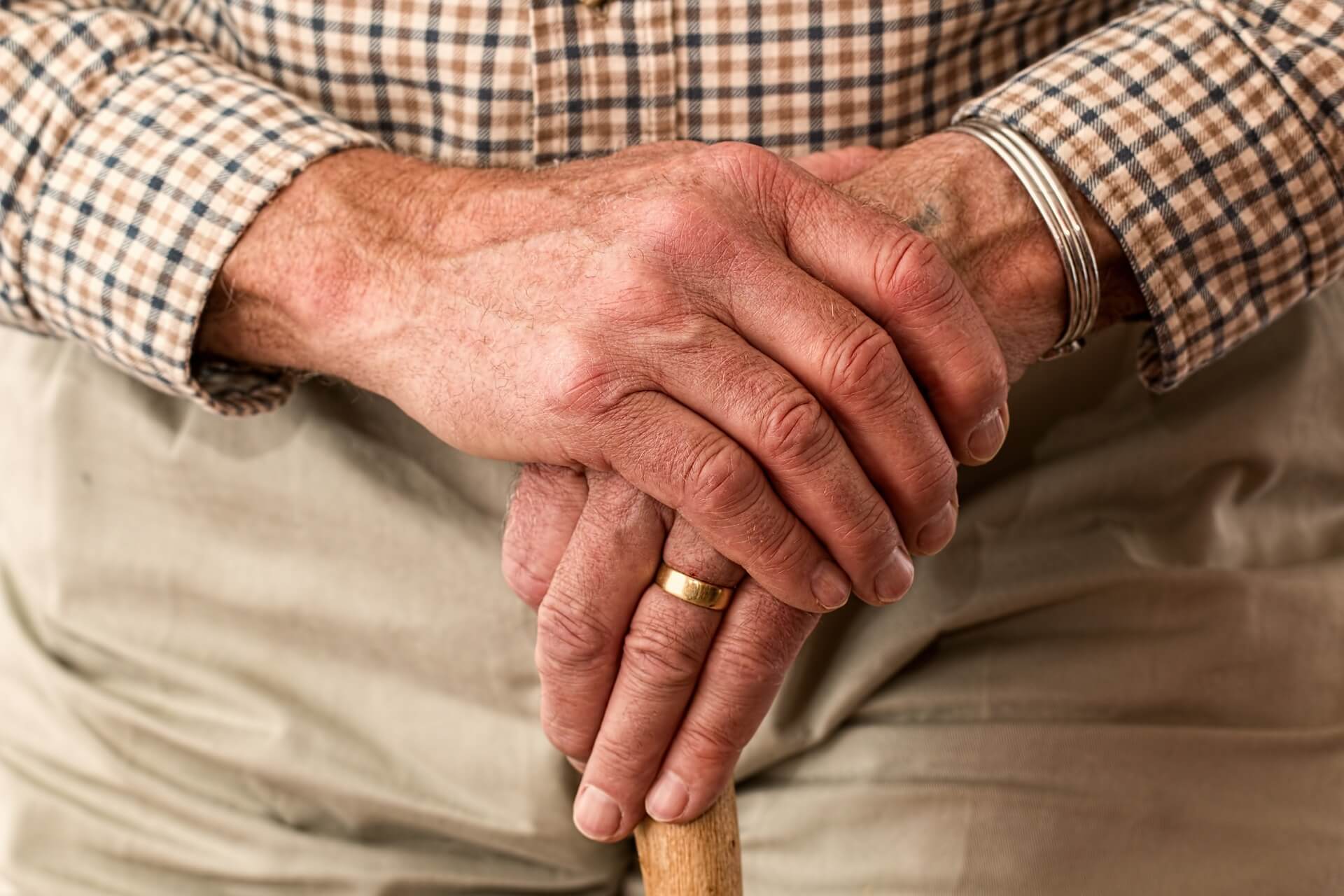Seniors prefer to age at home in familiar surroundings; it’s a fact. The comfort derived from familiar routines and environs can be encouraging and reassuring. Many diagnosed with Alzheimer’s and dementia feel the same and choose to remain independent for as long as possible.
In March, the Alzheimer’s Association released 2012 Facts and Figures: Alzheimer’s Disease Facts and Figures, and includes a Special Report on People with Alzheimer’s Disease and Other Dementias Who Live Alone. According to the report 800,000 or 1 in 7 of those diagnosed with Alzheimer’s disease lives alone.
Distance caring is the result of a mobile society — family members may live too far away to give sufficient supervision. Spouses pass away and the once tight-knit family disperses. Someone with early onset dementia or Alzheimer’s may find themselves alone.
While the desire for independence remains strong, the body may have other plans. An overwhelming aspiration to stay in one’s home and remain vital in one’s community can can turn even the most stalwart person into an ostrich, hiding their head in the sand from the disease.
The population is aging and we all need to consider that this could be our fate, or the fate of someone we love. An estimated 5.4 million people in the United States have Alzheimer’s or dementia. That number is expected to reach up to 16 million by 2050. But if independence and home aging is a priority, there are things we can do to help manage.
Those who live alone, either by choice or necessity find they need to adjust their expectations.
Driving Miss Daisy. Until the self-driving car is readily available, a good choice would be to drive less. and when driving, perhaps keep drives short and to well- known routes.
Note to self: leave more notes to self. This is especially important when safety is a concern. A note by the stove with a reminder to shut off burners and oven, a note by the door with a reminder to lock, a note near the medicine cabinet with gentle reminders of which meds to take and when, could help prevent disaster.
Everything in its place. Designate a spot to place keys or sunglasses. If you ever see items that have strayed, return them immediately to their home.
Also, consider an id bracelet with address and a phone number of someone who will come to your aid. No one expects to wander off, but it happens.
The Alzheimer’s Society UK also provides a helpful factsheet with more information and suggestions on living alone with dementia.
It is important to begin to plan for the escalation of care. A quality Home Care Agency will work with finding assistance for your level of need — from simple companionship and housekeeping, to medication management to possible live-in care. A Geriatric Care Manager can consult with you to help determine the health markers that might indicate you should step up the level of care.
Early detection is so important, so discuss it with your doctor. Give yourself time to plan accordingly, especially if you intend to live alone with Alzheimer’s or dementia, as so many others already do.







